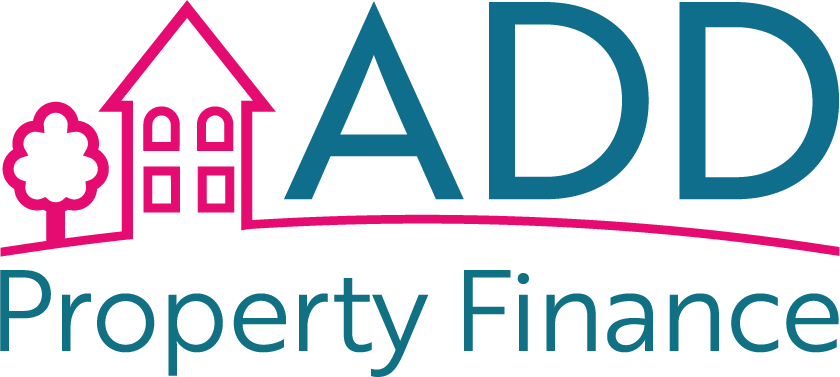Securing a mortgage as a self-employed individual in the UK involves critical decisions, and one of the most significant choices you’ll face is whether to opt for a fixed or variable rate mortgage. Each option has its own set of advantages and drawbacks, and making the right choice can impact your financial stability. In this article, we’ll compare fixed and variable rate mortgages for self-employed borrowers, helping you decide which option aligns with your unique financial situation and goals.
Fixed Rate Mortgages
Pros
- Payment Predictability: With a fixed rate mortgage, your interest rate remains constant for a set period (typically 2 to 5 years). This stability provides predictability in your monthly payments, making it easier to budget and plan for the future.
- Protection from Rate Increases: Regardless of fluctuations in the broader interest rate market, your fixed rate remains unchanged. This shields you from sudden payment increases if interest rates rise.
- Long-Term Planning: Fixed rate mortgages are ideal if you prefer the security of a consistent monthly payment and want to lock in a rate for the long term.
Cons
- Potentially Higher Initial Rate: Fixed rate mortgages often have slightly higher initial interest rates compared to variable rates. This means you might pay more in the early years of your mortgage.
- Penalties for Early Repayment: Some fixed rate mortgages come with penalties if you want to pay off your mortgage early or make additional payments.
Variable Rate Mortgages
Pros
- Lower Initial Rates: Variable rate mortgages typically offer lower initial interest rates compared to fixed rates. This can result in lower initial monthly payments.
- Potential for Rate Decreases: If market interest rates decrease, your mortgage rate and monthly payments may decrease as well, providing potential savings.
- Flexibility: Variable rate mortgages often come with more flexible terms, including the ability to make additional payments without penalties.
Cons
- Payment Uncertainty: The main drawback of variable rate mortgages is the potential for rate increases. If market interest rates rise, your monthly payments could increase significantly, impacting your budget.
- Risk: Variable rate mortgages carry an inherent risk of interest rate fluctuations. While they can offer savings when rates are low, they can also lead to higher costs when rates rise.
Which Is Right for You?
The choice between fixed and variable rate mortgages for self-employed borrowers ultimately depends on your financial preferences and risk tolerance.
- Choose a Fixed Rate Mortgage if:
- You prioritize payment predictability and budget stability.
- You want protection against potential interest rate increases.
- You prefer a long-term mortgage strategy.
- Choose a Variable Rate Mortgage if:
- You are comfortable with payment fluctuations in exchange for lower initial rates.
- You believe market interest rates are likely to remain stable or decrease.
- You value flexibility in your mortgage terms.
Seek Professional Guidance
Navigating the complexities of self-employed mortgages can be challenging. To make an informed decision, work with a mortgage adviser who specializes in self-employed applications. They can analyse your financial situation, risk tolerance, and long-term goals to recommend the most suitable mortgage option for you. Remember that the right choice can make a significant difference in your financial well-being as a self-employed homeowner.







